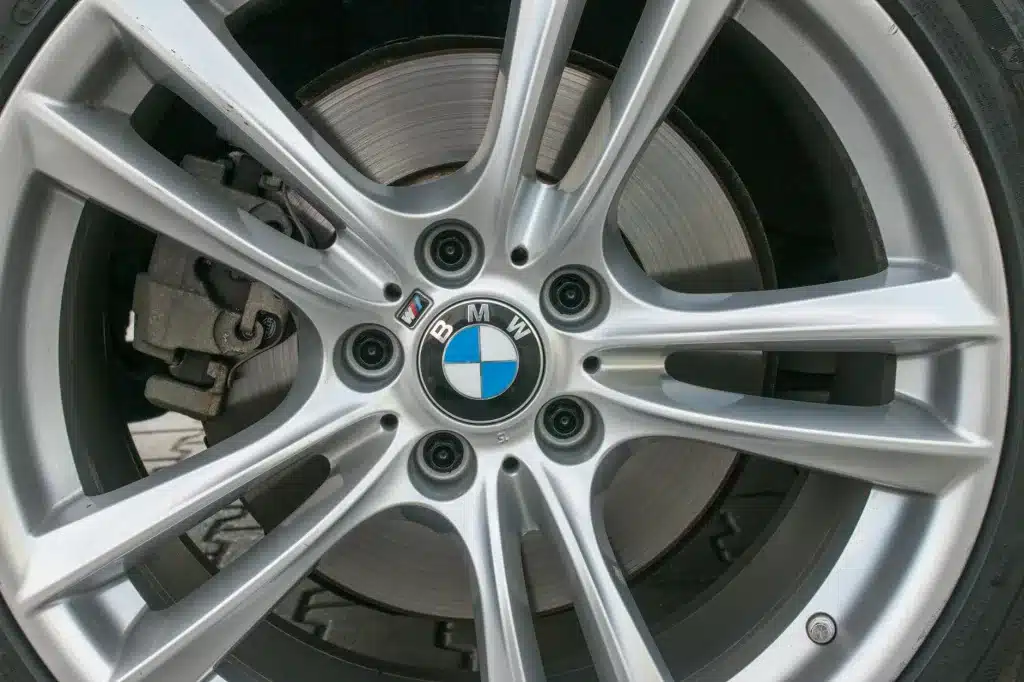Alloy vs. Steel Rims: A Side-by-Side Evaluation
When it comes to selecting the right rims for your vehicle, it’s important to consider the key factors that differentiate alloy and steel rims. In this side-by-side evaluation, we will compare alloy and steel rims based on their strength and durability, corrosion resistance, maintenance and cleaning requirements, cost and affordability, weight and performance, appearance and style, as well as the risk of corrosion and air leakage.
Strength and Durability
Steel rims are known for their strength and durability. They are less likely to bend or crack than alloy rims due to the difference in density, making steel wheels stronger in comparison. On the other hand, alloy wheels have more strength than steel wheels due to the technology involved in the creation process, making them less susceptible to bending compared to steel wheels, especially over potholes.
Corrosion Resistance
When it comes to corrosion resistance, alloy rims have an advantage. Alloy wheels are typically made from a combination of aluminum and other metals, which provides them with natural resistance to corrosion. Steel wheels, on the other hand, are more prone to rust and require regular maintenance to prevent corrosion. However, with proper care and maintenance, steel rims can also be protected from corrosion.
Maintenance and Cleaning
Maintaining and cleaning alloy and steel rims differ slightly. Alloy rims are generally easier to clean due to their smooth surface, which allows dirt and brake dust to be easily wiped off. Steel rims, on the other hand, may require more effort to clean as they can be more susceptible to rust and may require additional cleaning agents or techniques to remove stubborn stains.
Cost and Affordability
In terms of cost and affordability, steel wheels are generally less expensive than aluminum alloy wheels, making them a more cost-effective option. Steel rims are often chosen as backup wheels due to their affordability.
Weight and Performance
Alloy wheels have the advantage of being lighter in weight compared to steel wheels. This reduction in weight improves handling and steering response by reducing unsprung mass, allowing the suspension to maintain closer contact with the terrain and enhancing grip. The lighter weight of alloy rims also contributes to improved fuel efficiency and overall performance of the vehicle (Canada Wheels).
Appearance and Style
Alloy wheels are often favored for their aesthetic appeal and modern look. They come in a wide variety of designs, finishes, and sizes, allowing vehicle owners to choose rims that complement their vehicle’s style. Steel wheels, while simpler in appearance, can still offer a classic and rugged look that suits certain vehicle styles.
Corrosion and Air Leakage Risk
As mentioned earlier, alloy wheels have better corrosion resistance compared to steel wheels. The aluminum composition of alloy rims provides a natural resistance to corrosion. Steel rims, on the other hand, are more prone to rust and require regular maintenance to prevent corrosion. In terms of air leakage, both alloy and steel rims can be prone to leakage if they are damaged or have improper sealing.
By evaluating the key factors of alloy and steel rims, including their strength and durability, corrosion resistance, maintenance and cleaning requirements, cost and affordability, weight and performance, appearance and style, as well as the risk of corrosion and air leakage, you can make an informed decision about which type of rims best suits your needs and preferences. Remember to consider the specific requirements of your vehicle and your driving conditions when choosing between alloy and steel rims.



